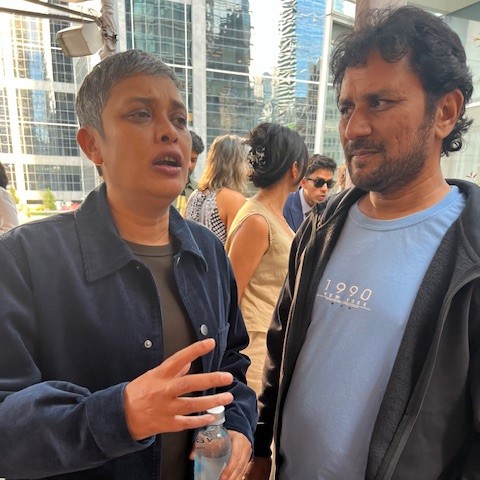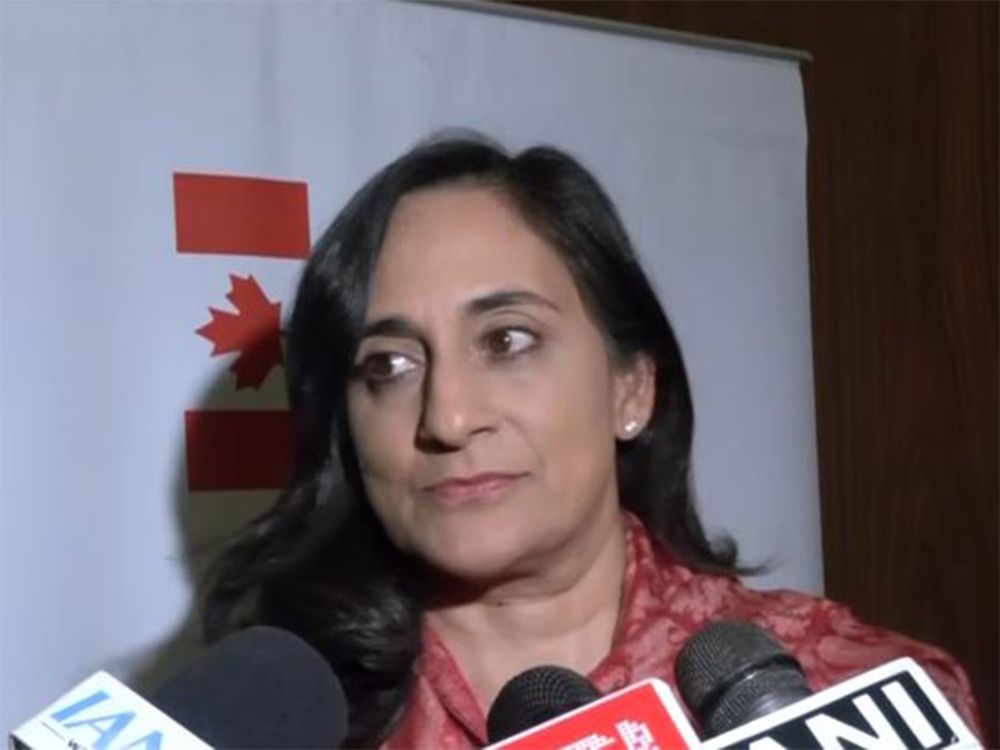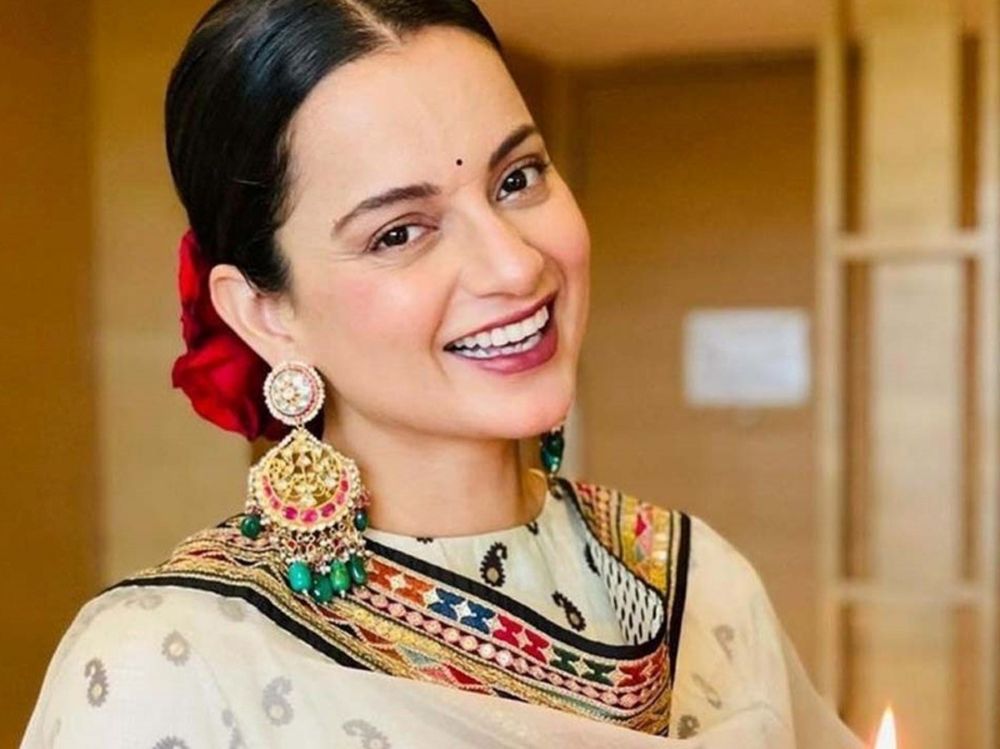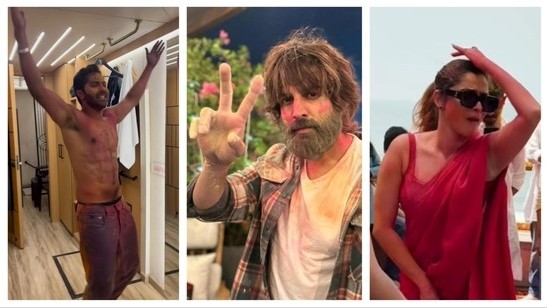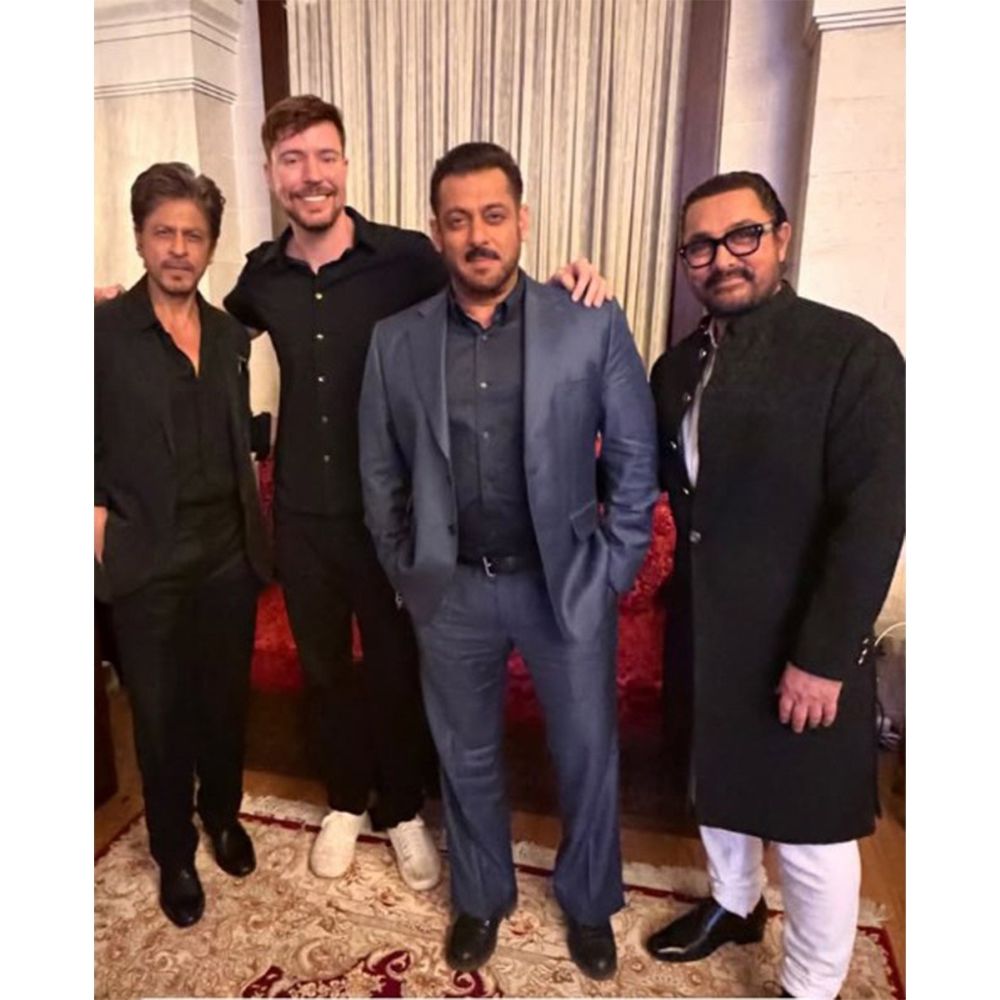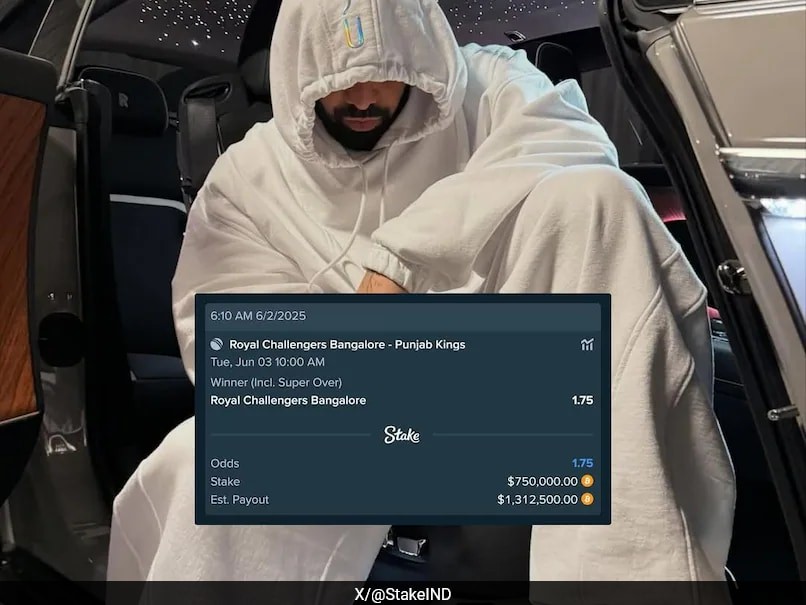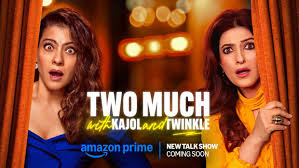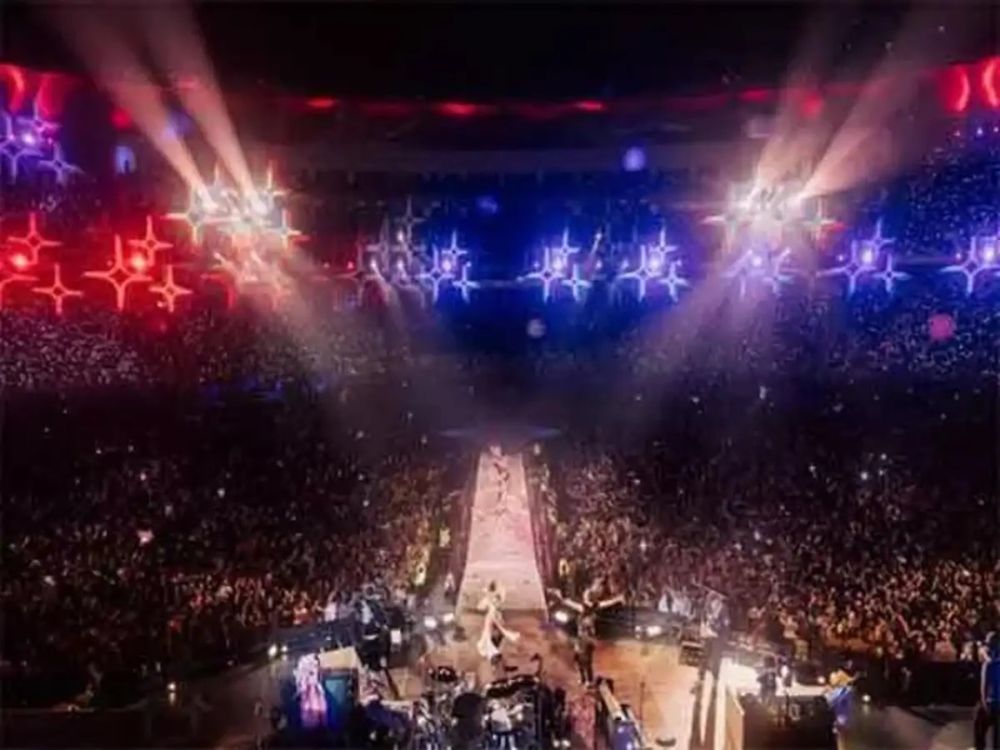By Mansi M.
Toronto International Film Festival
Reema Kagti has a singular voice as an artist, screenwriter, and filmmaker. Her directorial debut, Honeymoon Travels Private Limited (2006), was an immediate critical and commercial success. Following that, she wrote and directed the neo-noir Talaash (2012), and the historical sports drama, Gold (2018), both of which were highly acclaimed by audiences and critics alike. In addition to directing, Reema has co-written the screenplays for huge commercial successes such as Zindagi Na Milegi Dobara (2011), Dil Dhadakne Do (2015), and Gully Boy (2019), as well as the highly acclaimed series, Made in Heaven (2019), for Amazon Prime Video.
‘Dahaad’ (2023), Reema’s most recent project, received widespread love and appreciation, after making global waves at the Berlin International Film Festival in 2023. ‘Dahaad’ was the first ever Indian web series to premiere at the festival, where it was nominated for the Berlinale Series Award.
As per press notes, since 2019, through Tiger Baby, Reema has extended her role to that of Producer – with Made in Heaven (2019), Eternally Confused and Eager for Love (2022), ‘Dahaad’ (2023), The Archies (2023) and Kho Gaye Hum Kahan (2023) already under her belt.
Her film Superboys of Malegaon presented at the Toronto International Film Festival (TIFF) is based on real life events of an ambitious amateur filmmaker from Malegaon and offers a perspective on the realms of filmmaking and the bonds of friendship. “Nasir’s story is a testament to the power of cinema,” she says.
What inspired you to make Superboys of Malegaon?
Nasir’s journey into low budget amateur film-making is incredible. He had very little to work with but eventually created a thriving video film industry in Malegaon. It was complete with its own distribution and exhibition network through video parlors. Nasir is a very inspirational man.
How is Superboys of Malegaon different from the original documentary? What are the key highlights that make this film unique?
The film covers over a decade of Nasir’s life while the documentary is primarily centered around the making of one of his films ‘Supermen of Malegaon’. The film follows how Nasir started out and what were the catalysts that led him to filmmaking.
What kind of research and groundwork did you undertake while developing the film and did it help to influence the film’s narrative and add depth to the story?
Screenwriter Varun Grover spent a lot of time in Malegaon extensively researching Nasir and all the people in the story which no doubt has added a lot of depth and realism to the narrative. Apart from that the cast and crew also spent time in Malegaon and with Nasir and other characters because we wanted to be authentic to the people and place.
Given that Superboys of Malegaon highlights the passion of Malegaon’s residents for filmmaking amidst the struggle and challenges they faced, what can the audience expect from its storyline and portrayal of these themes?
Superboys of Malegaon is a story about filmmaking and friendship colliding to create a powerful end result. It’s about a bunch of guys who didn’t have much but created something stunning from that, against all odds.
Portraying real-life characters on screen is not an easy task. How did you go about casting the actors to bring a realistic feel to the film?
Casting directors Nandini Shrikent and Karan Mally made my life pretty easy. They did auditions with an exhaustive list of actors and shortlisted the ones that clicked. Once we felt an actor fit the part we did call backs, alone and with other actors. Then we did workshops. Aleem who is a character in the movie came in to train the actors with their diction. Hair, makeup and wardrobe departments all did their own research and referencing which went a long way in lending authenticity to the portrayal.
How did it feel to have Superboys of Malegaon selected at the 49th Toronto International Film Festival?
It feels wonderful to be selected for TIFF. My cast and crew and I have really worked hard on this and I am grateful to showcase our work on such a large global platform.
Is there any message you would like to convey to the audience, given that the film is about friends who come up with the idea of making their own movies without any guidance or a big budget?
The film conveys a strong message to follow your dreams and not be daunted by adversity or a lack of resources.
















